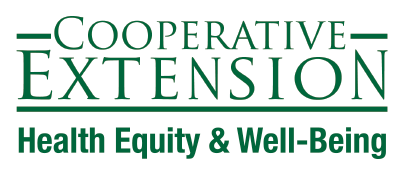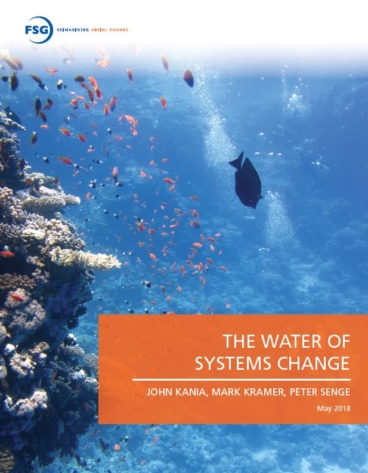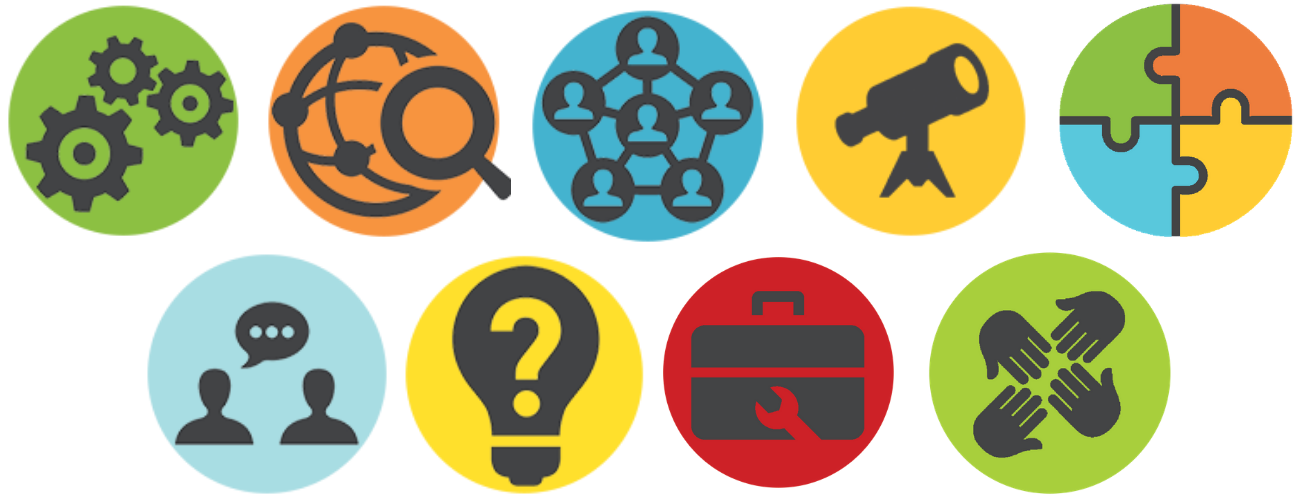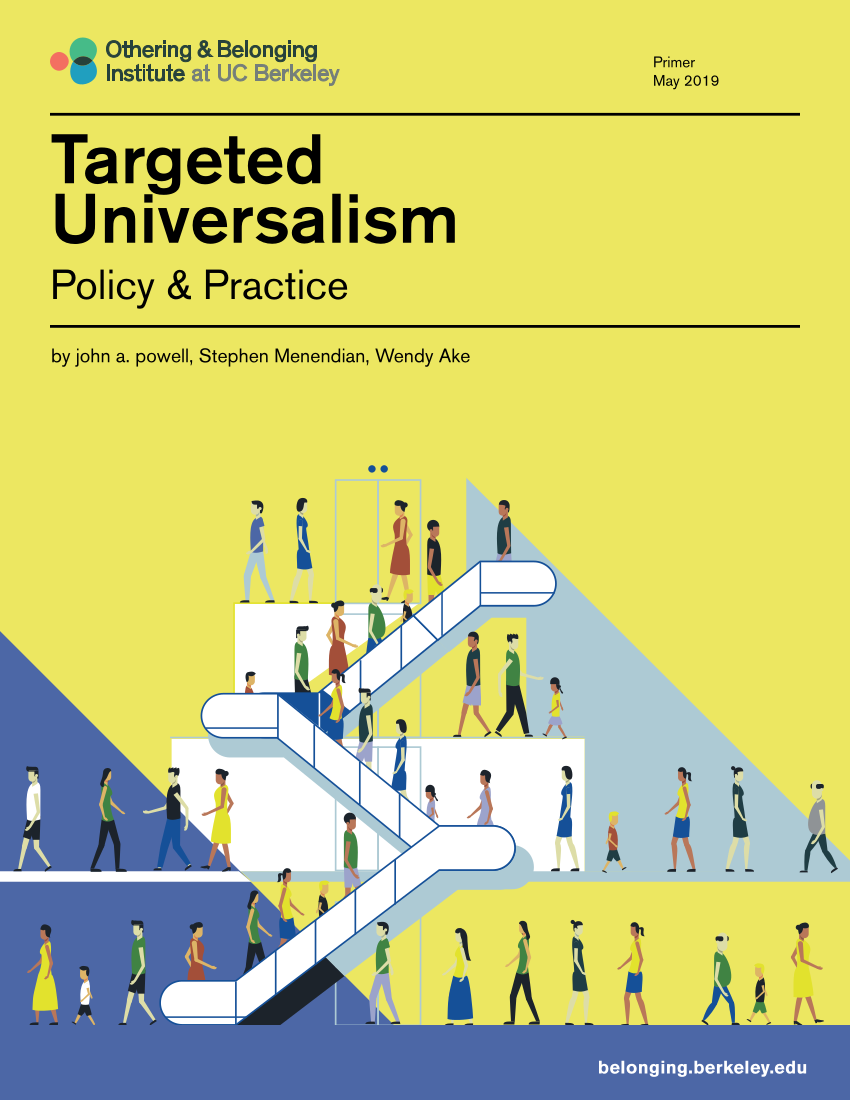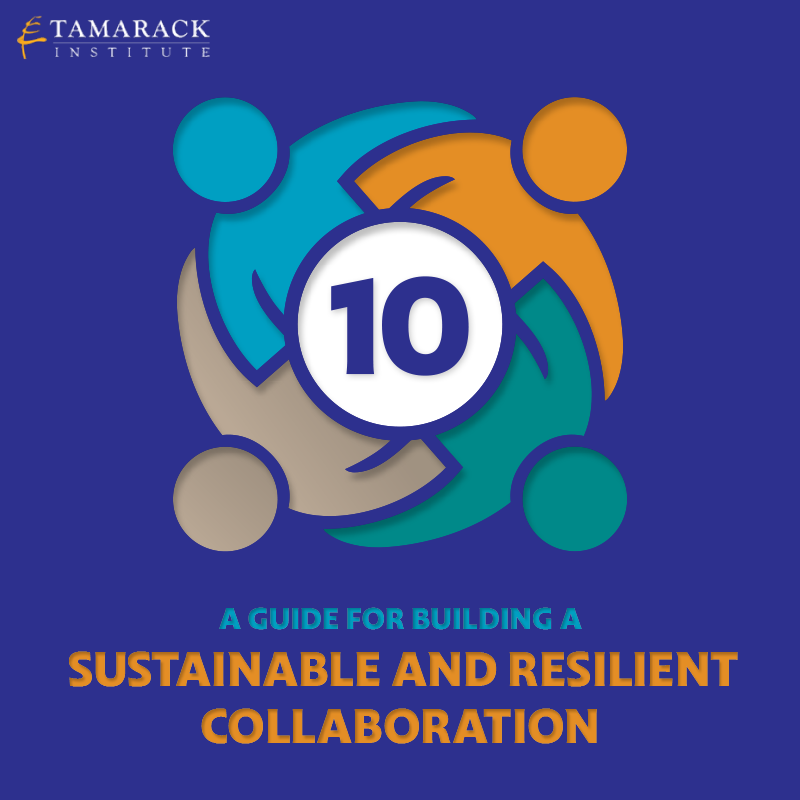RESOURCES
Leadership for Systems Change
Cooperative Extension professionals can play an important role in creating community conditions that help residents improve and maintain their health. These community conditions include what have historically been referred to as the social, economic, or environmental determinants of health. In more contemporary practice these determinants are simply referred to as the social determinants of heath, emphasizing that it is a social process that determines who experiences they greatest challenges to lifelong health.
Given that it is social processes that place some people at risk, social processes can also be used to remediate that risk and ensure that all people have access to the resources and assets they need to be healthy. Some useful resources for Extension practitioners related to leading systems change can be found below.
The Water of Systems Change – Those involved in systems change can increase their odds for success by focusing on the least explicit but most powerful conditions for change, while also turning the lens on themselves. This resource clarifies what it means to shift these conditions and offers an “inverted triangle” framework as an actionable model for funders and others interested in creating systems change, particularly those who are working to advance equity. https://www.fsg.org/resource/water_of_systems_change/
Systems Approach for Healthy Communities is a web-based, professional development program that promotes the integration of policy, systems, and environmental (PSE) change approaches with educational strategies. Five online modules and two toolkits are the primary source of content for the program. Modules average about 60 minutes each, with material presented through activities, examples, stories, reflection questions, and interactive exercises.
https://extension.umn.edu/nutrition-education/systems-approaches-healthy-communities
Collective Impact is a strategy by which a network of community members, organizations, and institutions who advance equity by learning together, aligning, and integrating their actions to achieve population and systems level change.
https://collectiveimpactforum.org
Strategic Doing provides protocols to generate and implement solutions to complex challenges. Using a set of simple rules, participants form collaborations quickly, move them toward measurable outcomes, and make adjustments as they learn by doing.
https://strategicdoing.net
Targeted Universalism is a process of setting universal goals pursued by targeted processes to achieve those goals. Within a targeted universalism framework, universal goals are established for all groups concerned. The strategies developed to achieve those goals are targeted, based upon how different groups are situated within structures, culture, and across geographies to obtain the universal goal. Targeted universalism is goal oriented, and the processes are directed in service of the explicit, universal goal.
https://belonging.berkeley.edu/targeted-universalism
A Guide for Building a Sustainable and Resilient Collaboration – This guide is designed to broaden our collective thinking about the factors that contribute to sustainable, resilient, and impactful collaboration. After the introduction, you’ll find a section that defines the key terms appearing throughout the guide. Separate sections explore the factors relevant to creating a sustainable collaboration and the elements that build resiliency in collaborations. Each of these sections is written to provide readers with ideas, questions, and resources that will supplement thinking and action.
https://www.tamarackcommunity.ca/hubfs/10-A-Guide-for-Building-a-Sustainable-and-Resilient-Collaboration.pdf
Well Connected Communities Case Studies
Through generous financial support of the Robert Wood Johnson Foundation, the National 4-H Foundation has supported community-based efforts to address health equity in more than fifty communities across the nation where young people served as catalysts of community change. They established multi-sector community coalitions to address community conditions that were barriers to optimum health. Many of the land grant institutions that received funding to support this community-based work elected to produce video case studies that describe the successes realized through their work. Watch the video case studies here.
Evaluation Reports
Since 2019, The Center for Community Health and Evaluation (CCHE) of Kaiser Permanente in Seattle has served as the evaluation partner for the Robert Wood Johnson Foundation’s Well Connected Communities initiative. They have also served as the evaluation partner for tracking progress related to the implementation of the recommendations contained in Cooperative Extension’s National Framework for Health Equity and Well-Being. Evaluation products include a national assessment of readiness to implement the recommendations, an infrastructure survey of institutional supports for health programming at land grant universities, and ongoing evaluations of the community projects supported by the Well-Connected Communities initiative. Relevant evaluation reports can be found here.
Public Health Essentials Graduate Certificate
Cornell University has developed a graduate certificate program specifically for individuals like Extension professionals who are working to improve the health and wellbeing of communities, but lack formal training in public health. Through the program, students learn the fundamental principles and practices of public health and how they support health equity. Students also learn the language of public health, how to review and interpret data, and how to engage communities in addressing the most pressing health issues. A case study approach is used position students to use the knowledge and skills gained to support the long-term goal of maximizing good health for all.
National Registry of Cooperative Extension Programs and Assets
This peer sharing site allows Extension professionals from across the country share and access programs, projects, curricula, and other assets developed to address issues like health and well-being. The intent of this tool is to help Extension professionals quickly find these resources, reduce duplication of effort, take promising programs to scale, and speed up access to digital assets that would be useful to the development of new programs. Visit https://extension.org/tools/registry/ to share or access resources.
Foundational Readings
This curated collection of foundational readings was created to help Extension professionals gain a deeper understanding of the fundamental concepts equity, systems change, and well-being. The goal of the collection is not to promote a particular way of thinking about an issue to build awareness of how various authors approach the issue. Visit the collection here.
Equitable Development Leadership Academy
In the fall of 2023, teams of young people and adults from across the nation gathered together in a virtual format to explore the concept of equitable development. The Equitable Development Leadership Academy offered participants a unique space to design and scale methods of equitable development in their communities. More specifically, the Academy focused on building leadership skills, learning about new tools and concepts to create equitable communities, developing prototypes for community interventions, and fostering a sense of community among participants.
Data Science Resources
Improving the health of individuals and the communities in which they live involves regular monitoring of health-related data. By doing so we can determine how residents of various communities are faring with regard to both their current health status and the supports available to them that allow them to become the heaviest version of themselves. Fortunately, advances in data science over the the past several years are making it much easier for community-based health practitioners to identify and surface health disparities and inequities with greater precision. Because many data sites now report data down to the census tract or zip code, intra-county differences in health status and the availability of health resources are easily recognizable. Many data sites present this information through interactive maps that can be easily customized the the user’s needs. A list of curated data sites can be found here.
